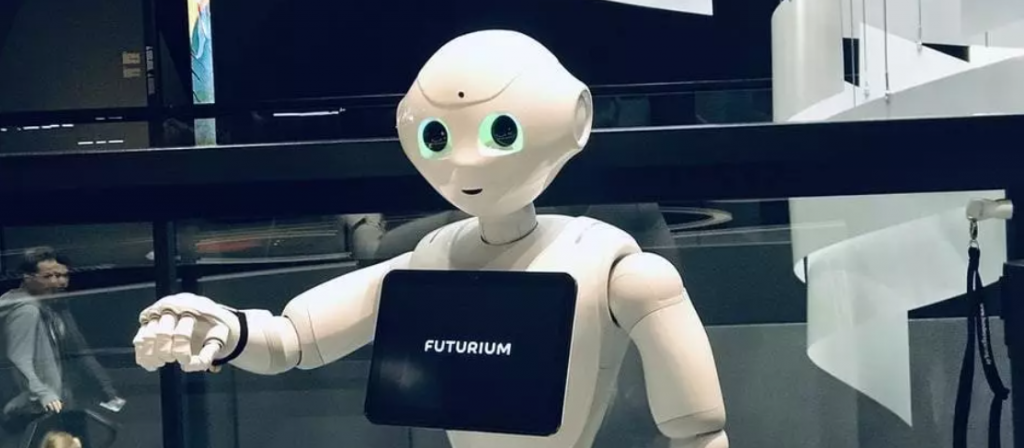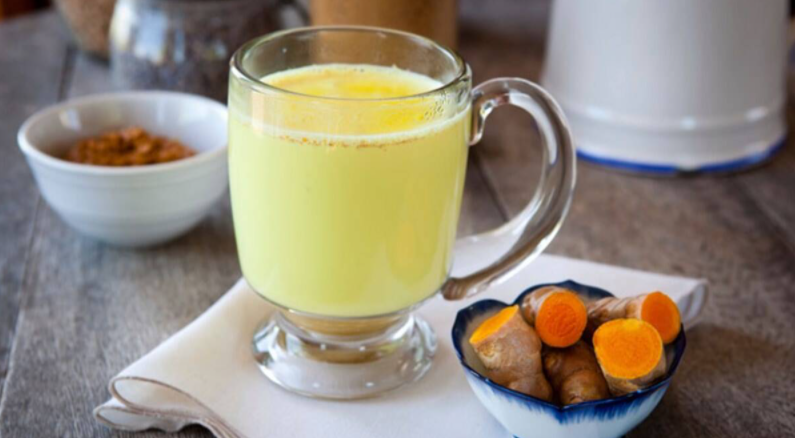Curated by the Knowledge Team of ICS Career GPS
Career Trend

Image: Unsplash/Andy Kelly
What to expect when you’re expecting robots
Excerpts from article by Jennifer Chu, Guest Contributor, MIT News, published in weforum.org
As Covid-19 has made it necessary for people to keep their distance from each other, robots are stepping in to fill essential roles, such as sanitising warehouses and hospitals, ferrying test samples to laboratories and more.
There are signs that people may be increasingly receptive to robotic help to reduce their risk of catching the virus.
As more intelligent, independent machines make their way into the public sphere, engineers Julie Shah and Laura Major are urging designers to rethink not just how robots fit in with society, but also how society can change to accommodate these new, “working” robots.
In their book What To Expect When You’re Expecting Robots they explain that robots will soon work with us not for us.
A package delivery robot on a busy sidewalk
Consider this: A package delivery robot on a busy sidewalk. The robot may be programmed to give a standard berth to obstacles in its path, such as traffic cones and lampposts. But what if the robot is coming upon a person wheeling a stroller while balancing a cup of coffee? A human passerby would read the social cues and step to the side to let the stroller by. Could a robot pick up the same subtle signals?
Shah believes the answer is yes. As head of the Interactive Robotics Group at MIT, she is developing tools to help robots understand and predict human behaviour. She’s implemented these tools in robots that can recognise and collaborate with humans in environments such as the factory floor and the hospital ward.
A cyborg city
In their book, the engineers describe ways that robots and automated systems can perceive and work with humans — but also ways in which our environment and infrastructure can change to accommodate robots.
A cyborg-friendly city, engineered to manage and direct robots, could avoid scenarios such as the one that played out in San Francisco in 2017. Residents there were seeing an uptick in delivery robots deployed by local technology startups. The robots were causing congestion on city sidewalks and were an unexpected hazard to seniors with disabilities. Lawmakers enforced strict regulations on the number of delivery robots allowed — a move that improved safety but potentially at the expense of innovation.
If in the near future there are to be multiple robots sharing a sidewalk with humans at any given time, Shah and Major propose that cities might consider installing dedicated robot lanes, similar to bike lanes, to avoid accidents between robots and humans. The engineers also envision a system to organise robots in public spaces, similar to the way airplanes keep track of each other in flight.
(Read complete article here)
Education

A healthy diet can help children’s mental health during the pandemic
Excerpts from article by Dr Seema Khanna published in The Indian Express
Hectic schedules of attending online classes and appearing for online exams, not being able to go out for outdoor activities have left children feeling drained, with lack of concentration. Mothers have to be extra careful to ensure a variety of nutritious meals for children. Here are some tips to help them in these tough times:
- Food and drinks that boost or support brain function and concentration are a combination of antioxidants in large amount, probiotics, proteins, Omega-3 fatty acids and Vitamin B12.
- Our traditional herbs too are found to be very useful in boosting energy, cognitive health and immunity.
- Wholegrain foods are to be consumed in abundance, as they are rich in Vitamin B 12 (Cobalamin), proteins and fibre.
- Vitamin B12 plays an important role in the production of red blood cells as well as the proper functioning of the nervous system.
- Eggs, salmon fish are also good sources of protein, omega-3 fatty acids and vitamin B12. These foods act as a protective shield for the body and prevents children from catching various diseases.
- Other good and commonly available antioxidant sources are cinnamon, mint, etc, which can be added to curd (a probiotic).
- Golden Milk or milk added with turmeric (curcumin) and toppings like cinnamon, tulsi and brahmi is full of protein, calcium, vitamin A and antioxidants. This can improve the brain function.
- Almonds (soaked and peeled), pumpkin seeds (containing micronutrients like zinc, magnesium, copper and iron) should be added with a daily diet schedule.
A healthy well-balanced diet also helps in maintaining body weight. In addition, all of the above mentioned foods play an important role in boosting immunity and metabolism, thus keeping children healthy and safe during these hard times of the pandemic.
(Disclaimer: The opinions expressed in the article mentioned above are those of the author(s). They do not purport to reflect the opinions or views of ICS Career GPS or its staff.)



